I wasn't born deaf.
When I was five, a surgery meant to help me went wrong. I don't remember the moment the silence started creeping in. I only remember that sound slowly became a stranger — one I kept trying to chase without letting anyone notice I couldn't quite reach it.
Doctors told my parents I wouldn't need hearing aids until I turned eighteen. So I grew up guessing words, reading lips, learning to laugh at the right moment, to nod when I didn't understand, to pass as "normal." I became fluent in pretending.
Later, I was diagnosed with profound bilateral sensorineural hearing loss — an invisible condition that had already shaped my world for over a decade. Still, when I finally received my first hearing aid at eighteen, I hated it. It felt like wearing proof that I was broken. I hid it. And, for many years, I hid myself too.
There isn't a single photo of me from that time wearing a hearing aid. I edited myself out of my own life, little by little, afraid that visibility meant vulnerability.
Afraid that people would look at me differently - or worse, not look at me at all. But life has a way of pushing us toward what we most fear.
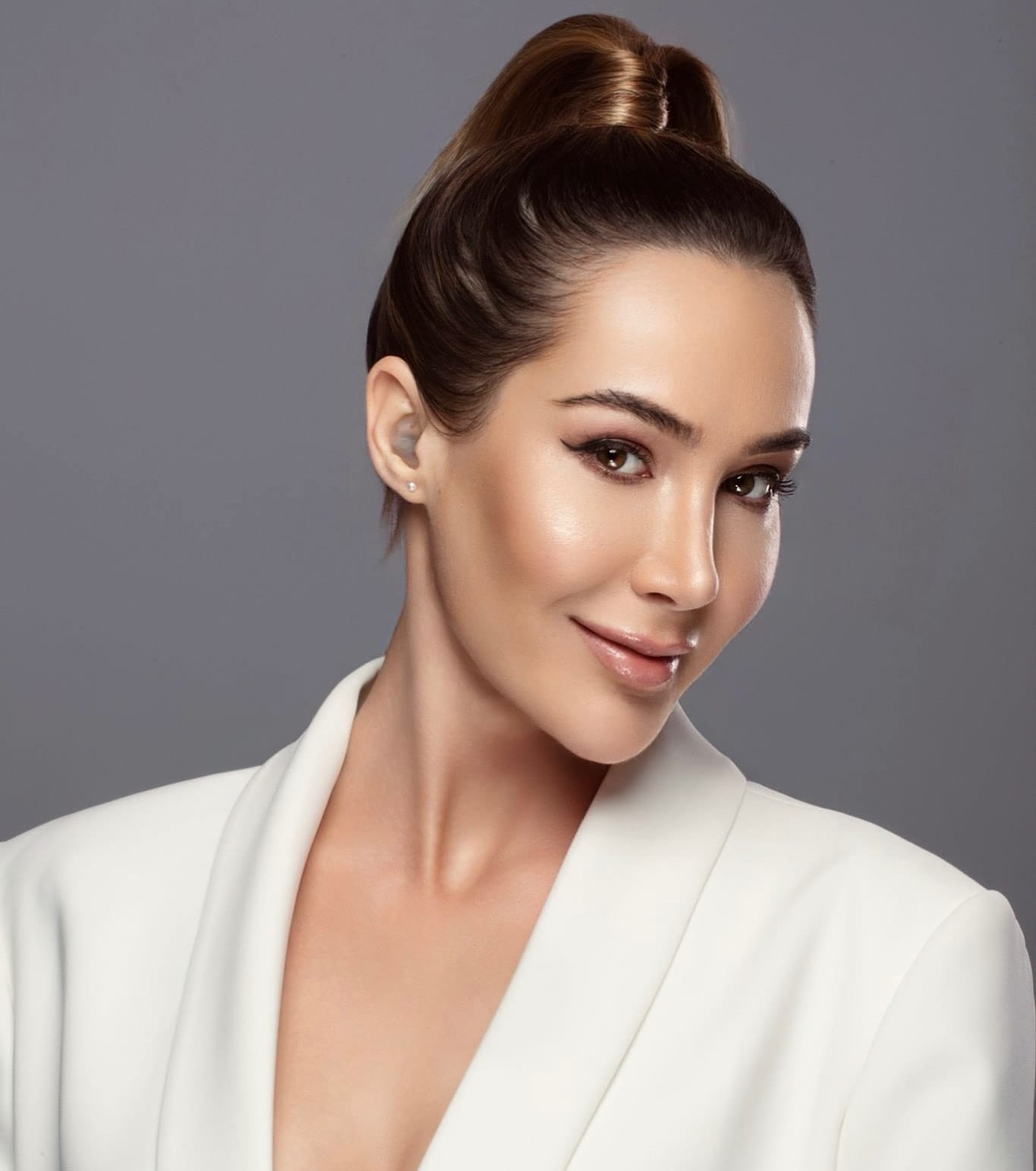
At 30, I moved to London. A new country. A new language. New accents. A city buzzing with sound, and I still felt like I was on mute. I got two hearing aids, and for the first time, I could hear more clearly. Doors slamming. Birdsong. My own footsteps.
But what came wasn't just sound. It was grief. Grief for all the years I spent living outside the world of sound, in a space where I couldn't quite belong. Grief for the girl who tried so hard to hide what made her different.
And then, slowly, came pride.
I started showing up in photos — fully. I started writing about my story. I wore my hearing aids with my hair up. I began to speak openly, online and in real life, about what it means to live with hearing loss — not from a place of shame, but from strength.
My disability doesn't make me less. It makes me more aware of what it means to listen, truly listen. Of what it means to be present. To notice things others don't.
I still face challenges — especially in a world that isn't designed for people like me. But l've learned that visibility is power. That softness and strength can exist in the same body. That it's okay to take up space, even with things you once tried to erase.

Sometimes, healing sounds like a bird singing in the morning — and sometimes it sounds like your own voice, whispering: you're allowed to be seen now.
So here I am. Visible. Proud. Still learning to hear myself - but finally, listening.

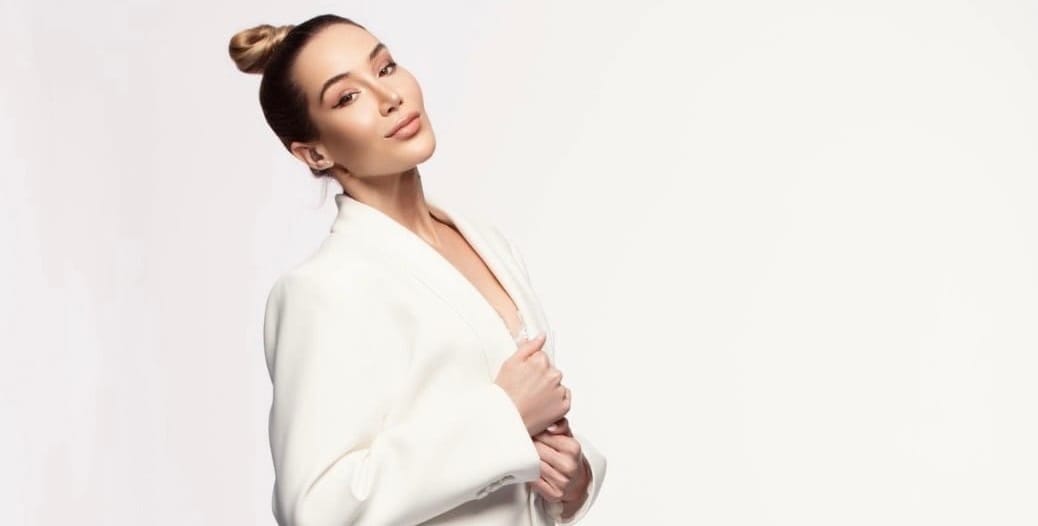
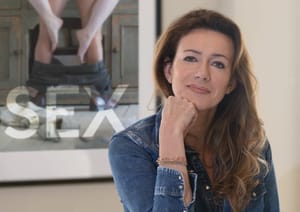
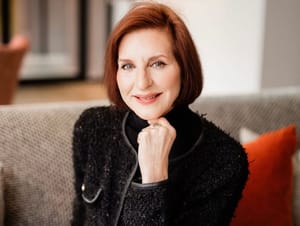
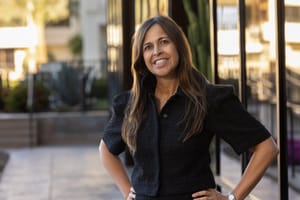



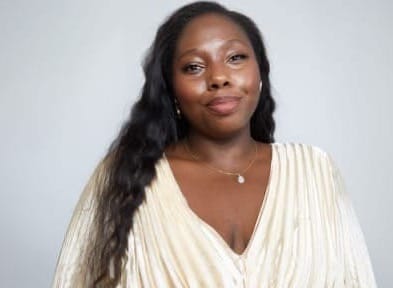

Member discussion